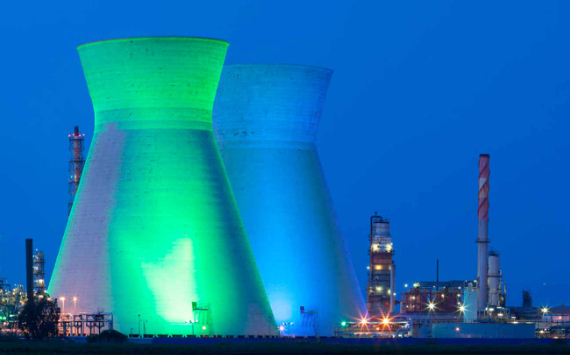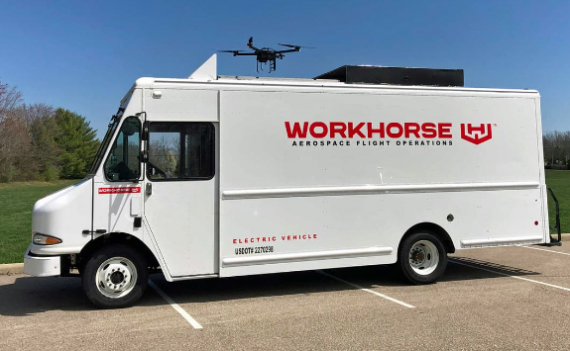Atomic Veterans Day

When scientists first tapped into the immense power contained within atoms, they could not foresee the profound risks that would accompany their discoveries. As World War II concluded and nuclear testing began in earnest, countless individuals, from civilians to scientists and military personnel, were exposed to dangerous levels of radiation. Many of these brave individuals faced severe health issues, including cancer, as a result of their exposure. National Atomic Veterans Day is dedicated to acknowledging and honoring the courage and sacrifice of those who served during this perilous era. It is a day to recognize the profound personal costs borne by military personnel who, in the course of their duty, not only served their country but also endured long-term health challenges due to their proximity to nuclear weapons.
About the holiday
Brief History of the Holiday
National Atomic Veterans Day was established to address the recognition and needs of veterans who participated in or were affected by atomic tests. The date, July 16, was chosen to coincide with the anniversary of the Trinity Test, the first detonation of a nuclear weapon in 1945. This day aims to honor those who served in the atomic age, recognizing their contributions and the hardships they endured. Over the years, efforts have been made to increase awareness and support for these veterans, including advocacy for better health care and benefits.
How It's Celebrated
National Atomic Veterans Day is marked by various activities and events that honor the veterans and educate the public about their experiences. Veterans' organizations, advocacy groups, and local communities may host memorial services, educational seminars, and gatherings. These events often include testimonials from veterans, discussions on the historical impact of atomic tests, and efforts to raise funds for support services. Additionally, social media campaigns and public awareness programs highlight the ongoing needs of atomic veterans and advocate for their rights and benefits.
 Atomic Veterans Day
Atomic Veterans Day
Interesting Facts
- Trinity Test: The Trinity Test, conducted on July 16, 1945, was the first-ever detonation of a nuclear weapon and marked the beginning of the atomic age.
- Health Impact: Many atomic veterans experienced long-term health issues due to radiation exposure, including increased risks of cancer and other diseases.
- Recognition: It wasn't until years after the atomic tests that the full impact on veterans’ health became widely acknowledged, leading to calls for improved support and recognition.
- Advocacy: Organizations like the Atomic Veterans Association work tirelessly to ensure that atomic veterans receive the benefits and recognition they deserve.
- Global Impact: The effects of atomic testing extended beyond the United States, affecting veterans and communities around the world involved in nuclear testing programs.
Were born on 16 July
On National Atomic Veterans Day, we pay tribute to the brave men and women who served during the era of atomic testing. Their remarkable bravery and sacrifice have left an enduring legacy. Today, we unite to acknowledge their contributions and advocate for their continued support and recognition.






































